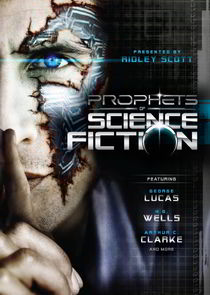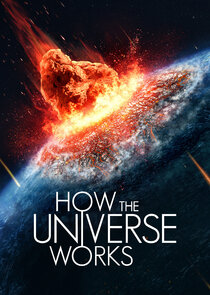Sean Michael Carroll (born October 5, 1966 in Philadelphia, Pennsylvania, U.S.) is an American theoretical physicist and philosopher who specializes in quantum mechanics, cosmology, and philosophy of science. Formerly a research professor at the Walter Burke Institute for Theoretical Physics at the California Institute of Technology (Caltech) department of physics, he is currently an external professor at the Santa Fe Institute, and the Homewood Professor of Natural Philosophy at Johns Hopkins University. He has been a contributor to the physics blog Cosmic Variance, and has published in scientific journals such as Nature as well as other publications, including The New York Times, Sky & Telescope and New Scientist. He is known for his atheism, his vocal critique of theism and defense of naturalism. He is considered a prolific public speaker and science populariser. In 2007, Carroll was named NSF Distinguished Lecturer by the National Science Foundation.
He has appeared on the History Channel's The Universe, Science Channel's Through the Wormhole with Morgan Freeman, Closer to Truth (broadcast on PBS), and Comedy Central's The Colbert Report. Carroll is the author of Spacetime And Geometry, a graduate-level textbook in general relativity, and has also recorded lectures for The Great Courses on cosmology, the physics of time and the Higgs boson. He is also the author of four popular books: From Eternity to Here about the arrow of time, The Particle at the End of the Universe about the Higgs boson, The Big Picture: On the Origins of Life, Meaning, and the Universe Itself about ontology, and Something Deeply Hidden about the foundations of quantum mechanics. He began a podcast in 2018 called Mindscape, in which he interviews other experts and intellectuals coming from a variety of disciplines, including "[s]cience, society, philosophy, culture, arts and ideas" in general. He has also published a YouTube video series entitled "The Biggest Ideas in the Universe" which provides physics instruction at a popular-science level but with equations and a mathematical basis, rather than mere analogy. The series has become the basis of a new book series with the installment, "The Biggest Ideas in the Universe: Space, Time, and Motion", published in September 2022.




